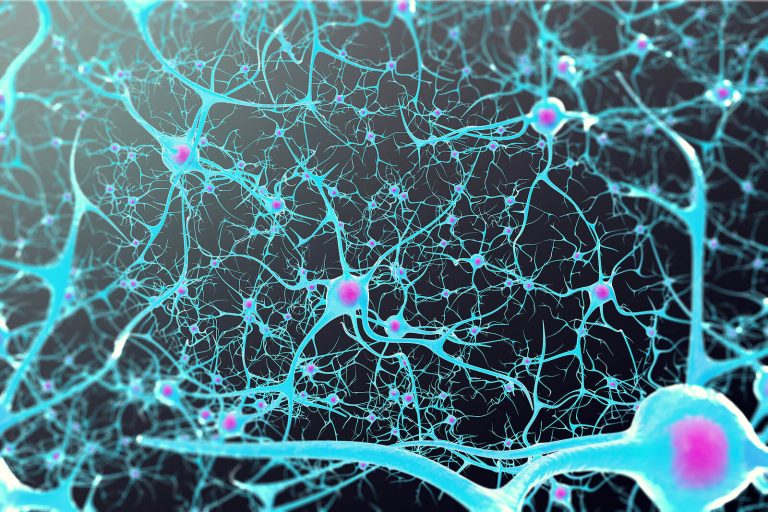Understanding Complex PTSD: The Impact of Prolonged Trauma & Path to Healing

Trauma affects everyone differently, but for those who have endured prolonged or repeated traumatic experiences, the impact can be particularly profound.
Complex Post-Traumatic Stress Disorder (C-PTSD) is a mental health condition that arises from prolonged or repeated trauma
Symptoms of C-PTSD
Symptoms of C-PTSD include difficulties with emotional regulation, leading to intense mood swings, persistent sadness, or anger. Individuals may also experience dissociation, feelings of detachment from themselves or reality, and a deep sense of shame or guilt. Interpersonal challenges are common, such as difficulty trusting others, struggles with forming or maintaining relationships, and a tendency to isolate. Additionally, people with C-PTSD may suffer from intrusive thoughts, nightmares, or flashbacks, reliving traumatic events repeatedly. They might also develop negative self-perceptions, feeling helpless, unworthy, or permanently damaged forever. Physical symptoms, such as chronic pain, headaches, or gastrointestinal issues, can accompany the psychological distress. Altogether, these symptoms can severely impact daily life, making it difficult for individuals to function in work, social, and personal environments. It can be deeply and profoundly debilitating for a person to simply function on a day-to-day basis. Keep in mind that symptoms are on a spectrum, ranging from mild to severe, depending on the individual.
Relation to Identity and C-PTSD

How to Get Help
Getting help for Complex Post-Traumatic Stress Disorder (C-PTSD) involves seeking professional support, building a support network, and developing coping strategies. Therapy, particularly trauma-focused approaches such as Eye Movement Desensitization and Reprocessing (EMDR), Cognitive Processing Therapy (CPT), and Dialectical Behavior Therapy (DBT), can help individuals process past trauma and develop healthier ways to manage emotions. Seeking a therapist who specializes in trauma can be beneficial in addressing identity struggles, emotional regulation, and trust issues.
In addition to therapy, support groups—whether in-person or online—can provide a sense of community and validation. Medications, such as antidepressants or anti-anxiety medications, may also be prescribed to help manage symptoms. Self-care practices, including mindfulness, journaling, exercise, and creative expression, can support healing by promoting emotional stability and self-awareness. Building safe, supportive relationships with trusted friends or family members is also crucial in the recovery process.

Start Trauma Therapy in Englewood, CO, Greenwood Village, Littleton, and Across the State
If you know or you know someone who is suffering from Complex Post-Traumatic Stress Disorder, reach out to Mountain Vista Psychology today to talk with a highly trained mental health professional. Our team can offer the support, empathy, and expertise to help you heal. You can start your therapy journey by following these simple steps:
- Schedule a free phone consultation
- Begin meeting with a caring therapist
- Start recovering from past trauma!
Other Services Offered by Mountain Vista Psychology
At Mountain Vista Psychology, we provide many services to help empower individuals on their journey toward mental and emotional well-being. So in addition to offering trauma therapy, we also provide counseling services in child counseling, adult counseling, family counseling, & more. We also provide Neurofeedback Therapy services for Neurofeedback for ADHD, Neurofeedback for Autism, Neurofeedback for Concussion/ TBI, and Neurofeedback for Sports/Performance. Our team also provides testing for learning disabilities, ADHD, and Autism. Be sure to check out our Blog and FAQs for more about us and our services!
Call For a FREE Consultation
We serve the Denver Metro area of Colorado. Click the button below to call and Schedule an Initial Consultation. To Schedule Neurofeedback or Testing please call us at 720-248-8603
Recent Articles
Dispelling Neurofeedback Myths
Neurofeedback has become increasingly popular as a therapeutic tool for clients, but it remains misunderstood by many. Misconceptions about its…
Autism Testing for Adults: Why Diagnosis Still Matters
What is Autism? Autism is a neurological difference that impacts how one scales social interactions, interpersonal relationships, and experiences the…
The Intersectionality of Autism & LGBTQIA Throughout the Lifespan
If you have a child (of any age) who you think may be Autistic, has been diagnosed as Autistic, or…
Autism Diagnosis Support Guide: Interventions, Therapy, and Accommodations for All Ages
Understanding Your Diagnosis An Autism or other mental health diagnosis may be very overwhelming. Understanding a diagnosis can help lessen…





